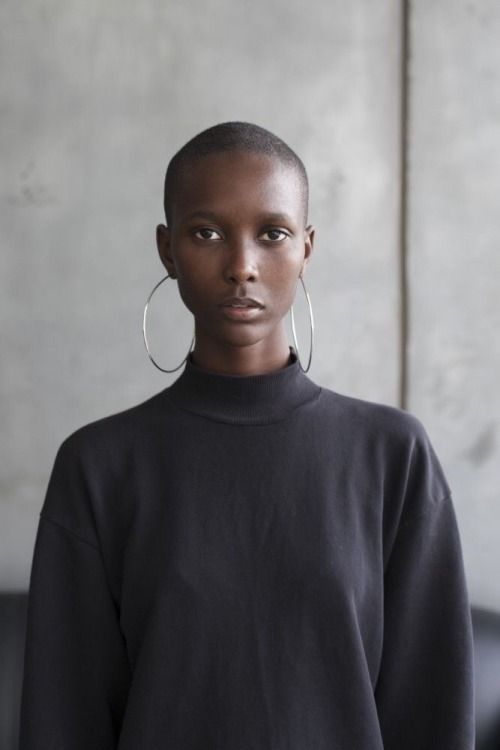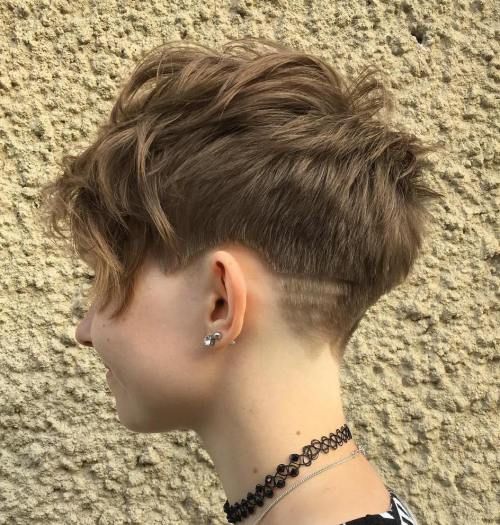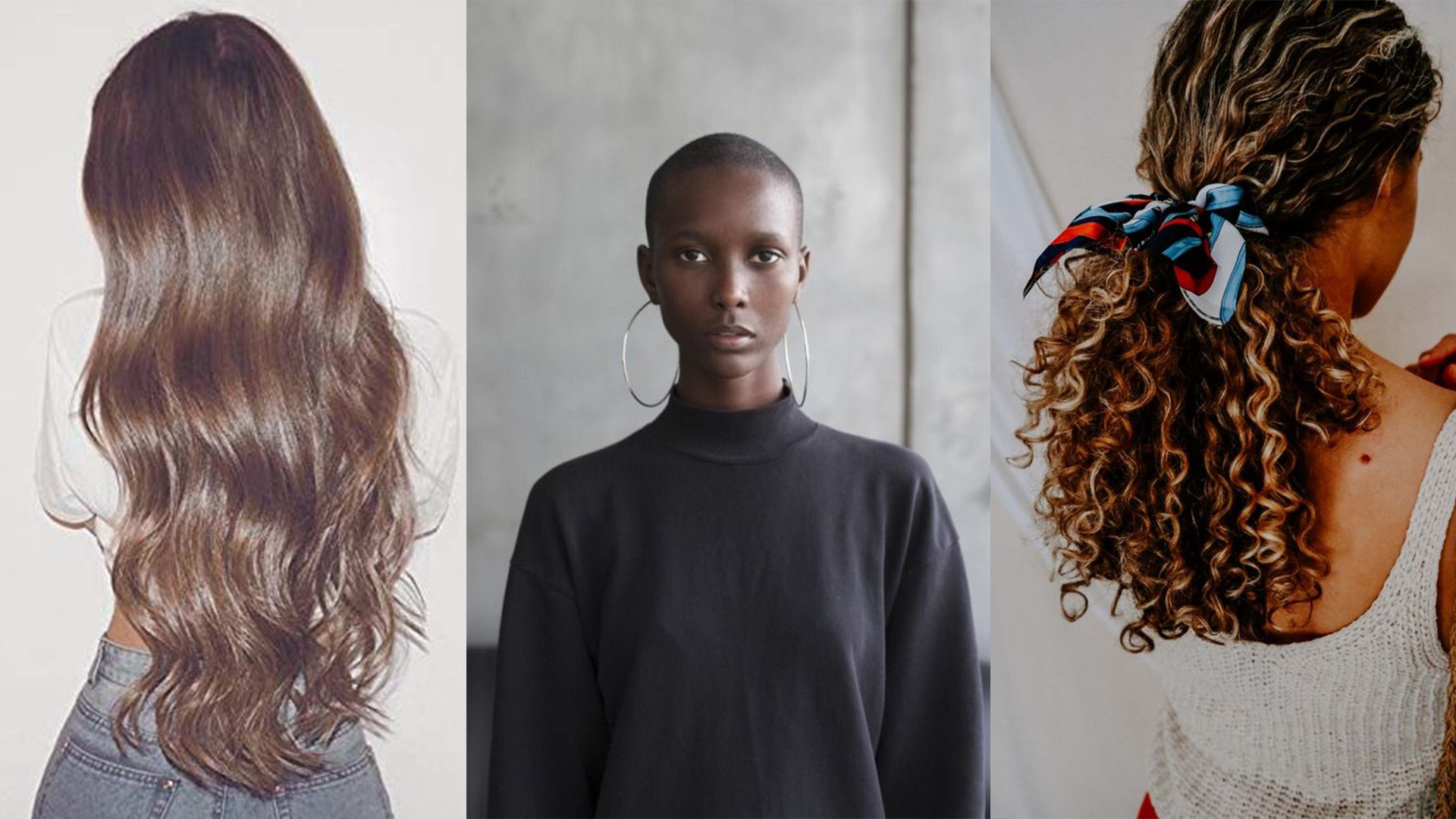As women, we’ve all experienced dire need for change, to obstruct routine, to lift a weight off our shoulders, to start anew somehow – also commonly known as, the major hair cut or hair transformation.
While getting a hair cut may sound or seem to be a rather mundane and normal thing to do, oftentimes women who undergo major hair transformations are immediately thought of as ‘going through something’. While this may be true in many cases -and also not entirely true in many others- the correlation between ‘going through something’ and cutting or transforming one’s hair does not necessarily have to come under a negative connotation.
Why Major Hair Transformations are a Big Deal (Sometimes)
Having long hair has always been associated with being a woman, oftentimes even being associated with a woman’s beauty. While hair styles have always presented themselves differently throughout the years, no matter what period of time one might find themselves in, if a woman who is used to growing out her hair takes the decision to cut it, it’s usually a big deal.

Like all good things, growing out one’s hair takes time and most women may feel some sort of an emotional connection or attachment to the hair they spend years growing and tending to – in fact, most women may not even realize this attachment until they consider taking the decision to go for a major cut.
Reasons as to why women may feel some sort of a strong attachment to their long hair may vary; it could be because their hair is what makes them feel feminine, it could be because they associate it with their mothers combing through their long hair in childhood or maybe even the the mere fact that they may have gotten too used to seeing themselves this way, to the point that they fear viewing themselves any other way.

In any case, the length – or even color, for that matter – of one’s hair could very much carry various psychological associations, and ultimately implications when change is undergone.
In addition to this, getting one’s hair cut or majorly transformed may also be associated to various cultural norms or traditions around the world. For Native Americans for example, their hair is considered somewhat sacred and is thought of as a physical manifestation of one’s spirit. As this Vox article explains, “Cutting, burying, and burning [one’s hair] carry a strong significance and meaning. It’s often tradition in some tribes to cut your hair and bury it with the deceased when someone close to you dies.”
In Japanese culture, the chonmage is a traditional topknot haircut most commonly associated with samurais; in this case, the chonmage is changed and altered in accordance to the samurai’s status.
New Hair, New Perspectives
Speaking of psychological implications, what we touched on very briefly at the beginning of the article is the fact that most women who undergo major hair transformations are thought to be going through something difficult in their lives. This means that more often than not, these major changes to one’s hair are associated with negative connotations.
While this act of change may very well be associated with a difficult time, changing one’s hair (whether through length or color or otherwise) could come as a simple result of challenging oneself with new perspectives.

Due to the fact that a woman’s hair is so psychologically linked to her persona, it could in fact be considered quite brave for some women to decide to change their hair completely, which gives this act of change a refreshingly positive connotation instead. Our hair is a huge part of the way we look, and changing what we and many others around us are used to, can be quite daunting.
This seemingly simple act may take a lot of courage to undergo and interestingly enough, it may the very push that many women need to change the way they see themselves or even the world around them. It could bring about more confidence for example, or reveal a hidden layer of one’s personality – the overall changes are very intriguing to experience, both for the woman who has undergone the hair transformation herself and others around her who know her.
Ultimately, the hair is not really the hero of this article; it’s actually the woman under the hair.
*The opinions and ideas expressed in this article do not reflect the views of Egyptian Streets’ editorial team or any other institution with which they are affiliated. To submit an opinion article, please check out our submission guidelines here.







Comments (3)
[…] Change and Shifting Perspective: Women and Major Hair Transformations […]
[…] Change and Shifting Perspective: Women and Major Hair Transformations […]